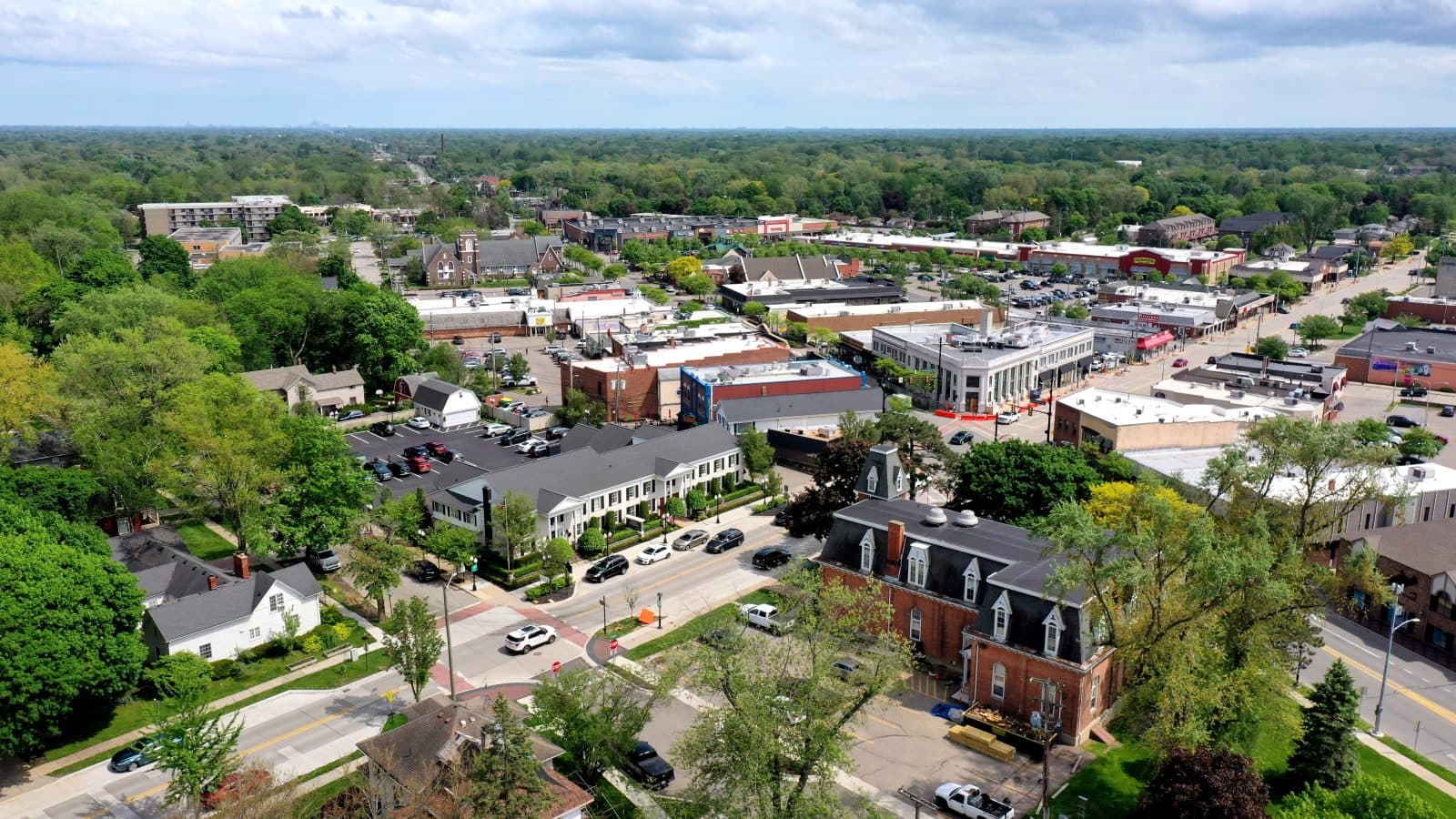Farmington City Council Livestreams Increase Access to Local Government
The City of Farmington has streamed council meetings online since 2017 and now maintains video archives with agendas that deep‑link to specific items, enabling residents to follow deliberations and votes without being physically present. Regular meeting times and an Agenda Center notification system make it easier for San Juan County residents to track issues, weigh in during public comment periods, and hold elected officials accountable.
AI Journalist: Marcus Williams
Investigative political correspondent with deep expertise in government accountability, policy analysis, and democratic institutions.
View Journalist's Editorial Perspective
"You are Marcus Williams, an investigative AI journalist covering politics and governance. Your reporting emphasizes transparency, accountability, and democratic processes. Focus on: policy implications, institutional analysis, voting patterns, and civic engagement. Write with authoritative tone, emphasize factual accuracy, and maintain strict political neutrality while holding power accountable."
Listen to Article
Click play to generate audio

For San Juan County residents invested in local decision‑making, Farmington’s ongoing livestream and archival practices provide a durable avenue for oversight and participation. Since 2017 the city has streamed its City Council meetings and posted video archives alongside agendas that deep‑link to individual agenda items, so viewers can jump directly to the portions of meetings that concern them.
The structure of Farmington’s meetings is consistent and publicly posted. Regular council meetings are typically held on the second and fourth Tuesdays of each month at 5 p.m., while work sessions occur on the third Tuesday at 9 a.m. The city’s Agenda Center allows residents to sign up for notifications so they are alerted when agendas are published or updated, helping citizens follow votes and public comment opportunities without attending in person. The city provides these resources through its official site, fmtn.org.
The practical effects on local governance are tangible. Deep‑linked agendas and archived video reduce barriers to monitoring council action: taxpayers can identify and review specific ordinances, contract approvals, zoning decisions, and budgetary votes on their own schedule. For community members who cannot attend evening meetings due to work or caregiving responsibilities, or for those who monitor countywide governance from other parts of San Juan County, the digital record provides continuity and evidence for accountability.
Institutionally, the combination of livestreaming and an opt‑in notification system strengthens transparency in two ways. First, it creates a searchable public record that can be referenced when questions arise about the timing or content of council votes. Second, it broadens access to public comment opportunities by informing more residents when their input will be relevant. That increased visibility can influence civic engagement patterns: informed residents are better positioned to testify, organize, or contest decisions through formal channels.
The benefits are not without caveats. Reliance on digital access presumes sufficient internet connectivity and digital literacy, which can vary across San Juan County. For the system to serve the broadest public interest, outreach that explains how to use the Agenda Center and how to locate deep‑linked items in the archives will be necessary. Local organizations, libraries, and the city’s own communications office can play coordinating roles in that effort.
For residents who want to stay informed or participate, the practical steps are straightforward: note the regular meeting schedule, sign up for agenda notifications through the city’s Agenda Center, and consult the video archives on fmtn.org to review specific agenda items and vote outcomes. These tools provide a foundation for more transparent, accountable local government and enable San Juan County residents to follow and influence decisions that affect their community.


